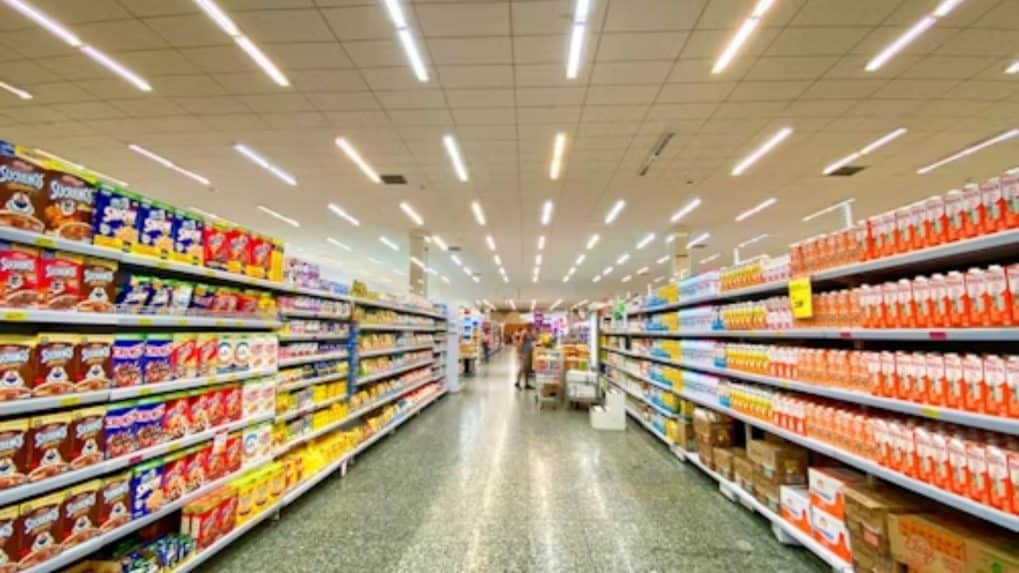From Niche to Necessity: Health products power Rs 63,000 crore FMCG market in India
Worldpanel India study shows 88% household adoption, premium willingness, and fastest growth in snacks, ready-to-cook, and beverages as health shifts from cure to lifestyle.
ADVERTISEMENT
Health has become an everyday choice for Indian consumers, with health-oriented food and beverage (F&B) products now representing Rs 63,093 crore in value, growing at a CAGR of 11.7% over the past four years, according to Worldpanel India’s Mainstreaming Health 2025 study.
Read more: Kantar predicts human creativity will be as crucial as tech in 2025
The research highlights that 87.9% of Indian households have purchased a health product in the past year, underscoring the fact that “health” is no longer niche- it has entered the mainstream.
Urban penetration is nearly universal at 96%, while rural adoption is accelerating with a 6.2% CAGR, signalling the democratization of health across India.
Key highlights from the report:
- Everyday staples lead, but new categories drive growth:
Staple categories such as atta, salt, oil/ghee, and tea continue to dominate health penetration, with 80% of households buying healthier variants. However, the strongest growth comes from “other foods” like ready-to-cook mixes (+46% CAGR), salty snacks (+34%), bottled soft drinks (+29%), and biscuits (+19%), where penetration is still relatively low but rising rapidly.
Read more: 91% of Gen Z in India turn to social media for news: Google-Kantar study
Notably, once consumers adopt health, they tend to stick with it.
- Repeat purchase rates for the health sector are extremely strong at 91% nationally, peaking at 96% in urban households. This loyalty signals that health is more than a trend- it is becoming ingrained in consumer habits.
- Consumers are paying more for health: The report reveals that shoppers are willing to pay a 22% premium for health products, with even lower socio-economic classes (SEC D/E) paying 17% more.
Categories such as tea and bottled soft drinks attract the highest premiums, highlighting consumers’ belief in health benefits as a value driver.
- Health is expanding beyond disease management: While households managing conditions like diabetes, cardiac issues, or hypertension consume more health products (~5kg higher annually), adoption is now growing significantly in regular, disease-free households.
- Health has transitioned from being problem-led to prevention- and lifestyle-led, particularly among younger homemakers (under 34 years) and rural households.
- East and South India lead the way: Regional analysis shows that East (97.7% penetration) and South (98.5%) India are leading the country’s health revolution, with growth rates outpacing national averages.
Together, they account for nearly 60% of value growth in health-linked categories, making them priority markets for FMCG brands.


